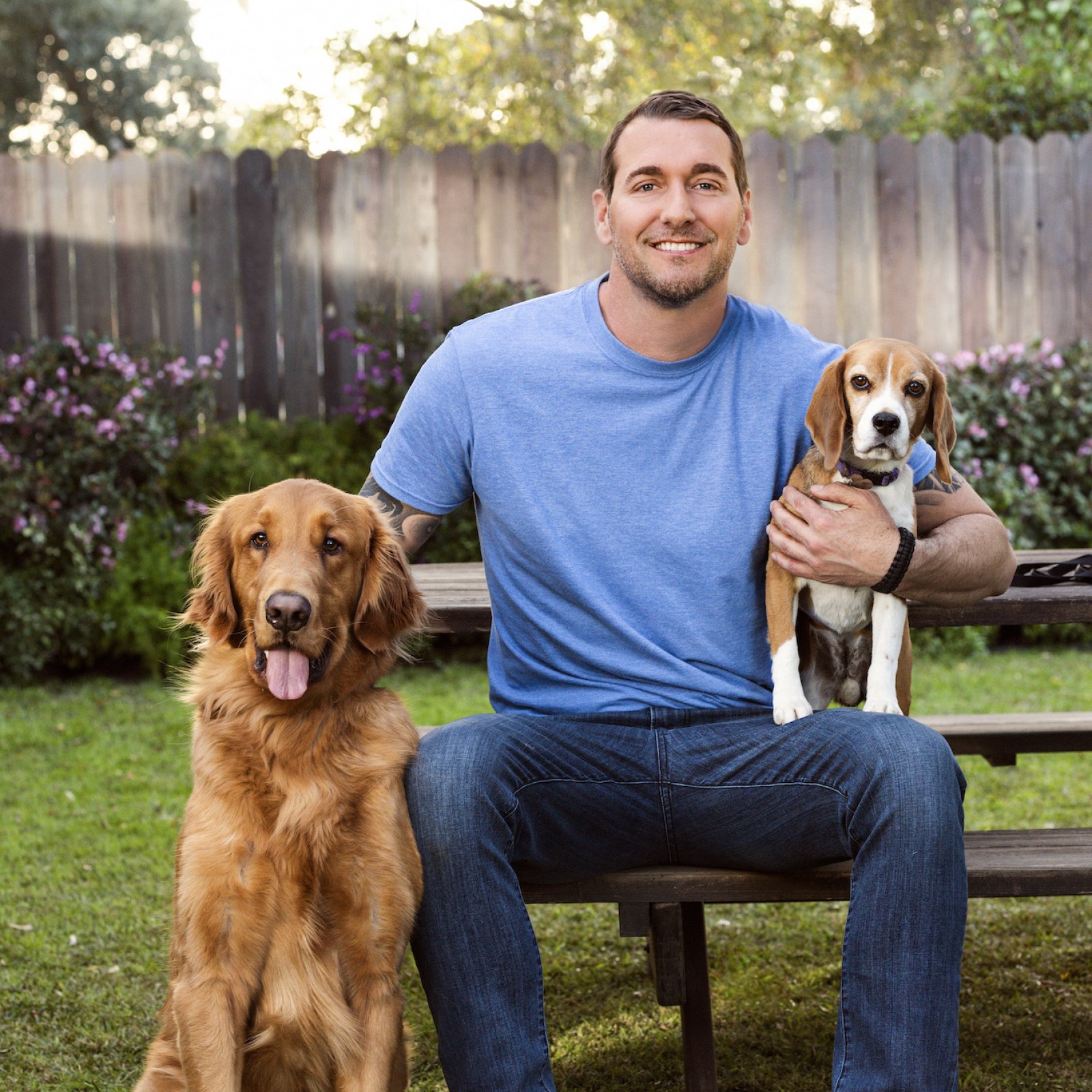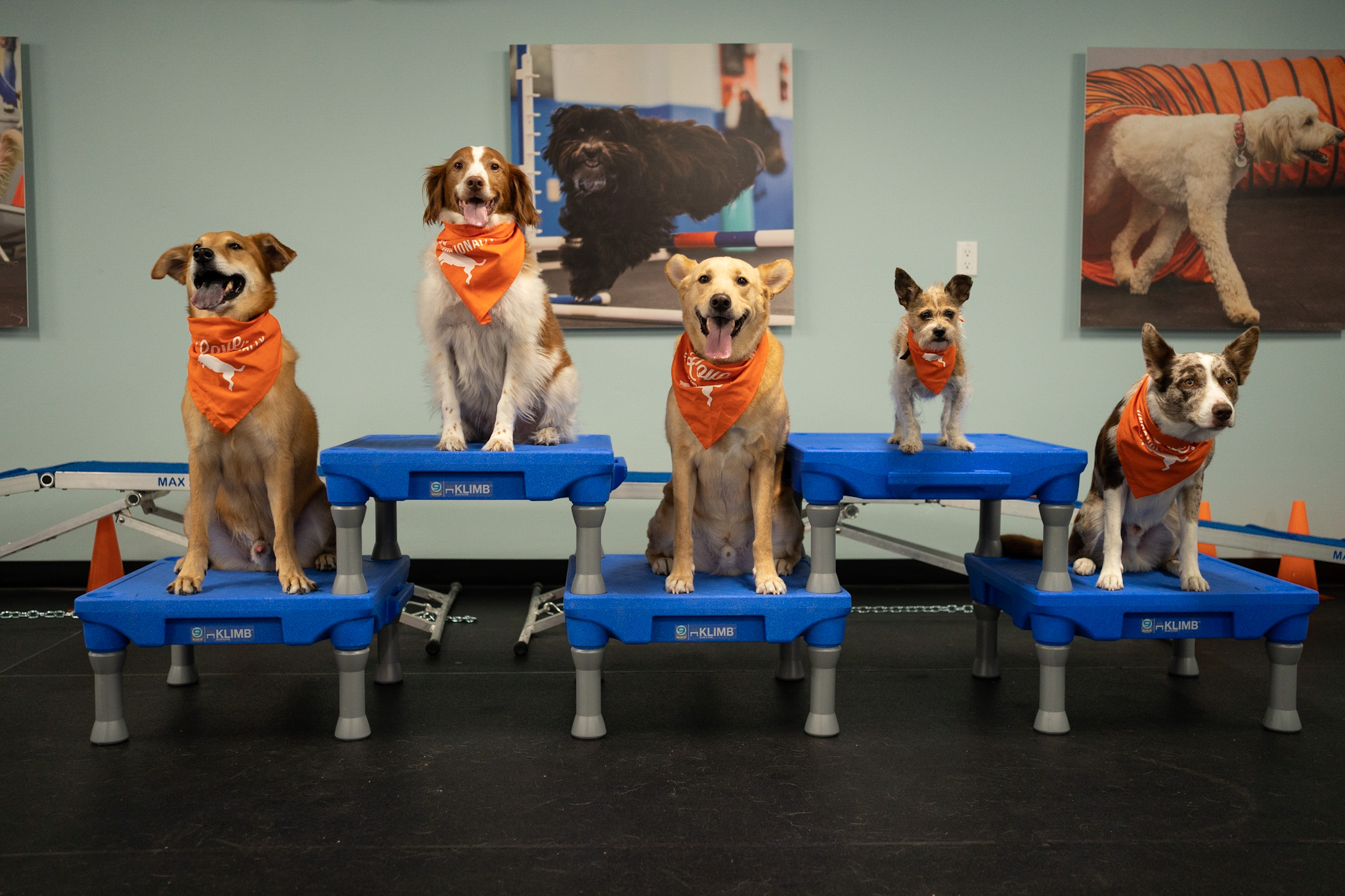Unlock Your Canine's Prospective: Proven Pet Dog Training Approaches for Success
Efficient canine training is a nuanced process that rests on comprehending canine behavior and using scientifically backed approaches. dog training charlotte nc. By including favorable support, establishing clear commands, and focusing on socializing, canine proprietors can grow an effective connection with their pets. Nonetheless, challenges commonly arise that require customized options and a client technique. Discovering these verified methods exposes not only the potential for behavior renovation however also the much deeper bond that can be created in between proprietor and canine. What important techniques must be taken into consideration to really unlock your canine's capacity?
Understanding Canine Actions
Comprehending dog habits is vital for efficient training and cultivating a positive partnership in between canines and their proprietors. A detailed grasp of canine body language, articulations, and social interactions is crucial for acknowledging their feelings and needs. Pets communicate largely through non-verbal cues; for instance, a wagging tail may indicate exhilaration, while pinned ears can indicate fear or entry.

In addition, ecological variables play a substantial duty in forming a pet dog's actions. Modifications in routine, new surroundings, or the presence of unknown individuals can lead to stress or anxiety in pets. Identifying these triggers makes it possible for owners to reduce unfavorable reactions and establish suitable training techniques.
Ultimately, a deep understanding of dog actions lays the structure for effective training techniques, enhancing both behavior and the overall bond between the dog and its owner. dog training near me. This knowledge is important for fostering a well-adjusted, happy canine companion
Positive Support Methods
Efficient training depends heavily on favorable support methods, which have been revealed to produce significant lead to shaping desired actions in dogs. This approach entails compensating a pet for exhibiting specific behaviors, thereby enhancing the possibility that these habits will be repeated. Rewards can take various forms, consisting of deals with, appreciation, playthings, or play, relying on what encourages the private pet.

It is necessary to progressively terminate benefits as the canine finds out the actions, transitioning to periodic reinforcement. This approach preserves the habits in time while preventing dependence on continuous rewards. By concentrating on favorable reinforcement, instructors can grow a trusting partnership with their pet dogs, promoting a cooperative and healthy and balanced training environment that boosts general obedience and performance.
Developing Constant Commands
A fundamental facet of successful dog training is the establishment of regular commands. Consistency in commands is essential for effective interaction between the pet dog and the trainer. When commands are consistent, canines learn to link certain words with desired habits, which speeds up the training process from this source and boosts understanding.
To establish consistent commands, it is necessary that all member of the family utilize the same terms and gestures. If one person utilizes "rest" while one more says "rest down," it can create complication for the dog. Select clear, unique words for commands and guarantee everyone associated with the dog's training complies with these choices.
Furthermore, repetition is vital. Reinforce commands with frequent method, making certain that the canine obtains sufficient possibilities to respond properly. When a pet successfully complies with a command, immediate favorable support ought to adhere to. This could be in the kind of treats, appreciation, or playtime, strengthening the connection between the action and the command.
Last but not least, hold your horses. Establishing consistent commands takes time and effort. With dedication and clarity, you will help your dog develop a solid understanding of expectations, ultimately resulting in a well-behaved companion.
Socializing and Direct Exposure
Interacting socially a canine is important for cultivating a well-adjusted and confident companion. This process includes subjecting your dog to a range of atmospheres, people, and other pets to establish their social skills and flexibility. Early socialization, ideally in between the ages of three to fourteen weeks, is crucial, as it prepares for a pet's future habits.
During socializing, objective to provide favorable experiences in different setups, such as parks, busy roads, and homes with other pet dogs. Introduce your pet to different stimuli, consisting of sounds, views, and smells, making certain that each encounter is fulfilling. This exposure aids reduce anxiety and stress and anxiety, paving the method for an extra durable pet.
Involving in regulated group play sessions with other pet dogs can additionally boost social abilities, teaching your more tips here animal proper communications and limits. Focusing on socializing will significantly contribute to your pet dog's total joy and behavior throughout their life.
Conquering Common Educating Difficulties

Another constant problem is disturbance. Canines might have a hard time to concentrate in unfamiliar or active settings. Slowly desensitize your dog to diversions by beginning training in a peaceful setting and slowly presenting even more stimuli as they come to be competent (dog training charlotte). Positive support strategies, such as treats and appreciation, can keep motivation and focus.
In addition, behavioral issues like leaping or extreme barking can become aggravating. Address these by educating alternative behaviors, such as sitting smoothly when welcoming visitors. Uniformity and perseverance are essential; strengthen preferred habits constantly and stay clear of abuse, which can bring about complication.
Last but not least, recognize that each dog is unique, and training timelines may vary. Tailor your approach to your dog's individual needs, and seek professional guidance if necessary. With perseverance and the right strategies, overcoming these challenges can bring about a trained, satisfied canine friend.
Final Thought
In verdict, opening a pet dog's prospective requires an extensive method that incorporates an understanding of canine actions, the application of favorable reinforcement techniques, and the establishment of regular commands. Early socializing and exposure to diverse settings additionally improve a canine's adaptability and self-confidence. By attending to typical training challenges with customized methods and patience, a unified and participating connection between pet and handler can be fostered, inevitably leading to a well-behaved friend efficient in flourishing in numerous circumstances.
Effective pet dog training is a nuanced process that pivots on comprehending canine behavior and utilizing scientifically backed approaches.Understanding pet habits is important for reliable training and promoting a favorable connection in between dogs and their proprietors.Effective training depends greatly on positive support techniques, which have actually been revealed to yield substantial results in forming desired habits official website in pets. When commands are uniform, pet dogs learn to connect specific words with preferred actions, which accelerates the training procedure and enhances understanding.
In final thought, opening a canine's possible necessitates a thorough method that integrates an understanding of canine actions, the application of positive support strategies, and the facility of consistent commands.